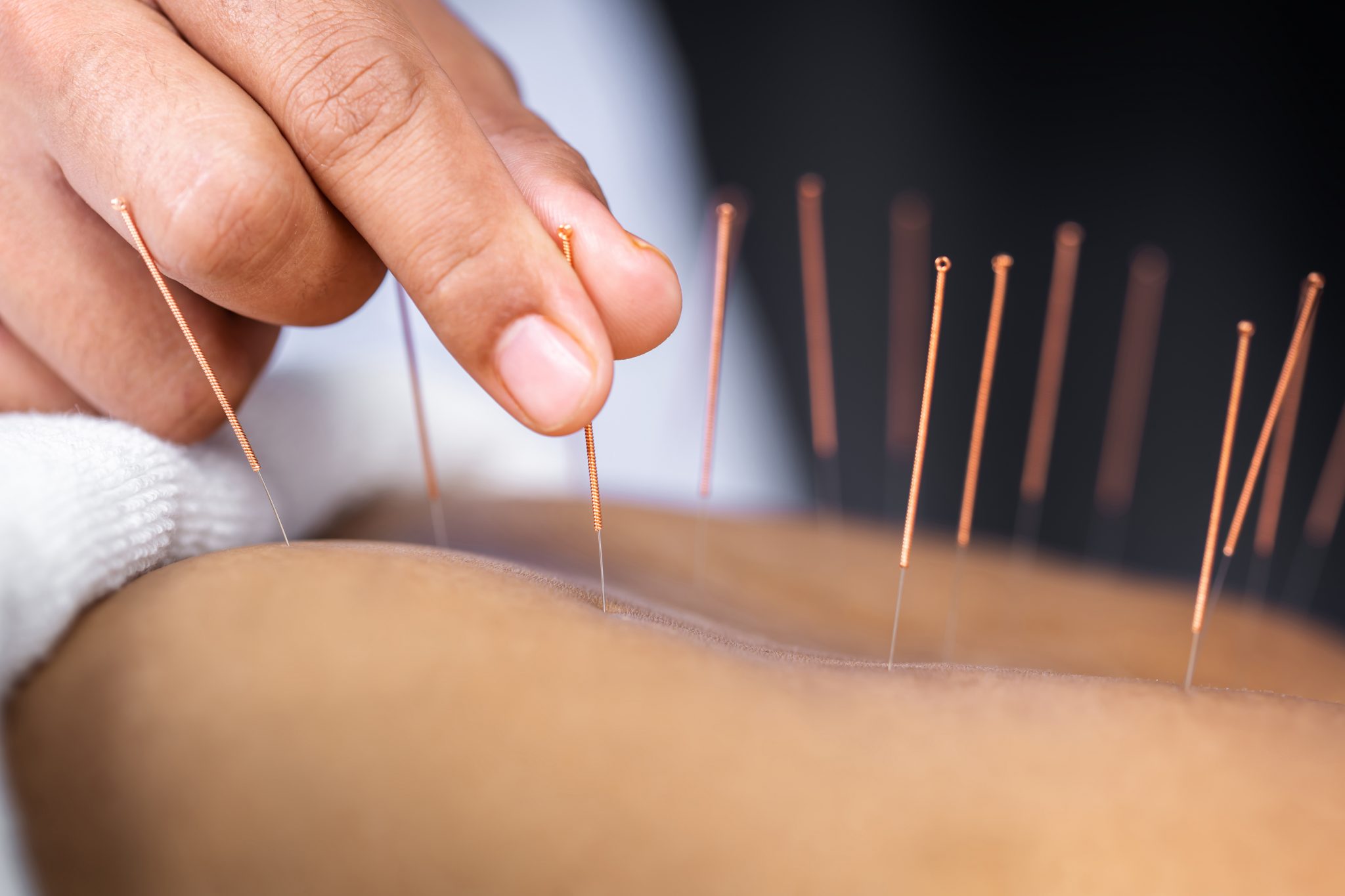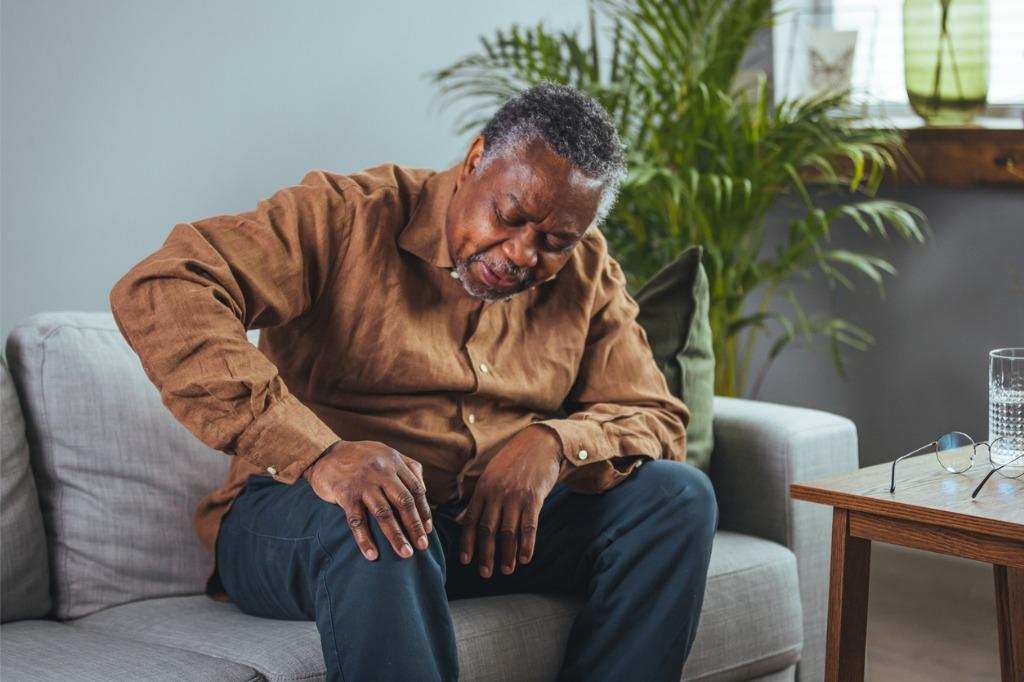Joint pain is a common problem that can disrupt our daily lives. Unfortunately, for many people, knee pain is one of the most difficult forms of joint pain to cope with.
From sharp twinges and throbbing aches to grinding sensations and general stiffness, there are a variety of symptoms associated with knee problems that can make even basic activities like walking or climbing stairs feel impossible.
But when it comes to managing your knee discomfort, you don’t have to just suffer through it – there are various methods available for keeping the pain away from your knees. In this article, we will explore how you can find relief from bothersome knee issues while also improving overall joint health.
Understanding the Causes of Knee Pain

Knee pain is a common problem that affects millions of people every day. It can range from mild discomfort to severe and debilitating pain. Understanding the causes of knee pain is an important first step in helping to find relief.
In many cases, knee pain can be treated with simple lifestyle modifications or treatments such as exercise, physical therapy, rest, and medication. However, some underlying conditions may require more specialized care.
Common causes of knee pain include arthritis, tendinitis, bursitis, ligament damage or tears, meniscus tears, and fractures or dislocations. Other less common causes such as gout and infection should also be considered when diagnosing the cause of knee problems.
Knowing the underlying cause helps ensure proper treatment so that you can get back to living your life without fear of recurring discomfort or injury!
Treatment Options

When it comes to treating knee pain, there are a few different options available. Depending on the severity of the pain and its underlying cause, some treatments may be more effective than others. Non-surgical treatments such as physical therapy, medications, and braces can often reduce or even eliminate knee pain for those with mild or moderate cases.
Physical therapy can help strengthen the muscles around the knee joint, improve flexibility and range of motion in the affected area, and ease discomfort. Anti-inflammatory medications can also help control swelling and inflammation in joints that have been damaged by arthritis or other conditions.
Braces may be used to limit movement if certain activities have become too painful for an individual to perform comfortably. In cases where non-surgical measures do not provide enough relief from symptoms, surgery may be considered an option.
Surgeries such as arthroscopy (to remove loose fragments of bone) or total joint replacement (for severe damage to cartilage tissue) could potentially restore function while reducing pain levels significantly.
It is important to discuss all potential treatment options with your doctor before deciding which one is best for you so that you can make an informed decision based on your individual needs and preferences.
Exploring Alternative Medicine Options

When it comes to joint pain, especially in the knees, traditional medicines are often the first choice for many. However, exploring alternative medicine options can be a great way to keep your knee pain at bay without relying on medication with potentially dangerous side effects.
Acupuncture is gaining popularity as an effective and safe way of treating chronic knee pain that has been resistant to other treatments. Acupressure is another ancient technique that uses pressure points along energy pathways in the body instead of needles like acupuncture does.
Herbal remedies such as turmeric or ginger may also help reduce inflammation and ease soreness around joints like the knees. Finally, physical therapies such as hydrotherapy or yoga stretches have become popular alternatives for those who want to avoid medications altogether when treating their joint problems and find relief from knee pain naturally.
Conclusion

When it comes to dealing with joint pain in the knees, there are many ways to manage it. Exercise, physical therapy, and lifestyle changes can help reduce inflammation and improve mobility. Over-the-counter medications such as ibuprofen or acetaminophen may provide temporary relief from discomfort.
In more severe cases, a cortisone injection may be prescribed to reduce swelling and relieve pain. When combined with an overall treatment plan that takes into account individual needs and lifestyles, joint problems can become manageable and livable conditions.


